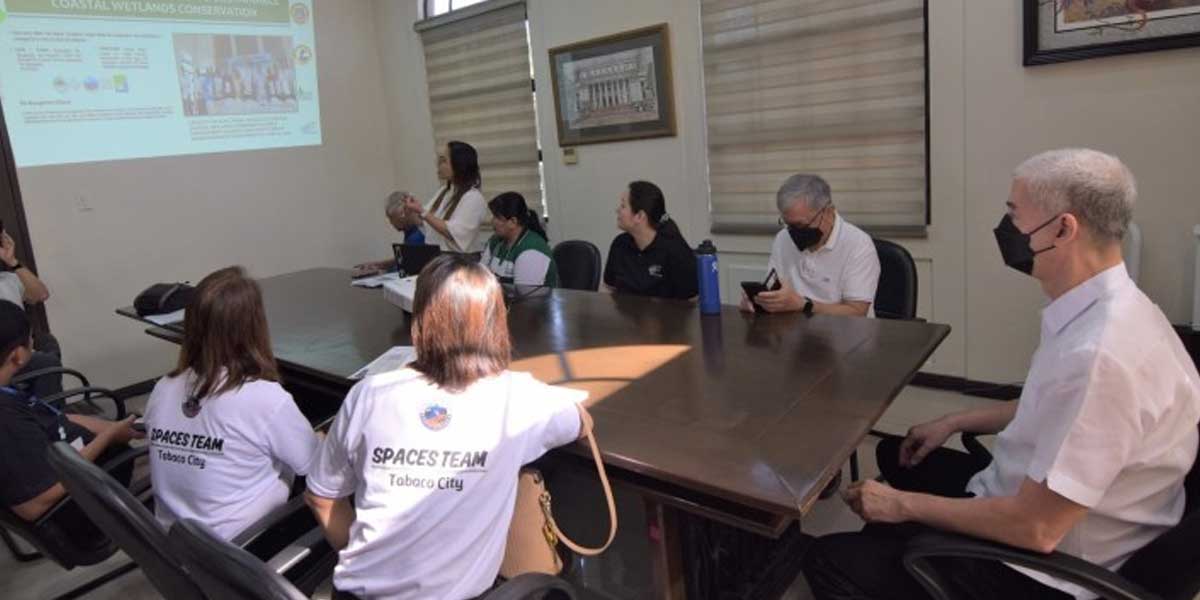
BACOLOD CITY – The Negros Occidental provincial government is setting its sights north, aiming to replicate the successful southern-based Negros Occidental Coastal Wetlands Conservation Area (NOCWCA) initiative to broaden its community-centric coastal resource management.
The plan was recently discussed during the Galing Pook Foundation’s Negros Study Tour, showcasing the province’s innovative environmental stewardship.
Governor Eugenio Jose Lacson, in discussions with local government unit (LGU) representatives and civil society organizations (CSOs), shared his vision for this expansion.
“NOCWCA is something that we feel can be replicated in any part of the country, especially if you have this long stretch of seafronts.”
He further emphasized the local commitment, saying, “On our part, we want to replicate it on the north side. Everything starts at home; we’d like to hopefully succeed here also then we start going out and pushing it to other provinces.”
NOCWCA’s approach to conservation was so effective it earned Negros Occidental a spot among the Top 10 winners of the Galing Pook Awards in 2021, a prestigious recognition of LGUs’ innovative practices.
Stretching over 109.52 kilometers and spanning 52 coastal barangays across 10 localities, NOCWCA became the seventh Ramsar site (a wetland of international importance) in the Philippines in 2016.
The ongoing study tour, encompassing the cities of Bacolod, Victorias, and Bago in Negros Occidental, has attracted interest from afar, with representatives from Tabaco City, Albay and Del Carmen, Surigao del Norte joining the excursion.
“They are here to benchmark several LGUs, and we presented to them the NOCWCA. They are excited to visit places. They are looking forward to replicating some of the projects and programs of the province and our different LGUs,” said Julie Ann Bedrio, head of the Provincial Environment Management Office.
The study tour is part of the Galing Pook Foundation’s SPACES Project, aimed at fostering collaboration between LGUs and CSOs in creating food security, nutrition policy reforms, and accountability mechanisms. This partnership ethos is mirrored in the ground-level sentiments.





















